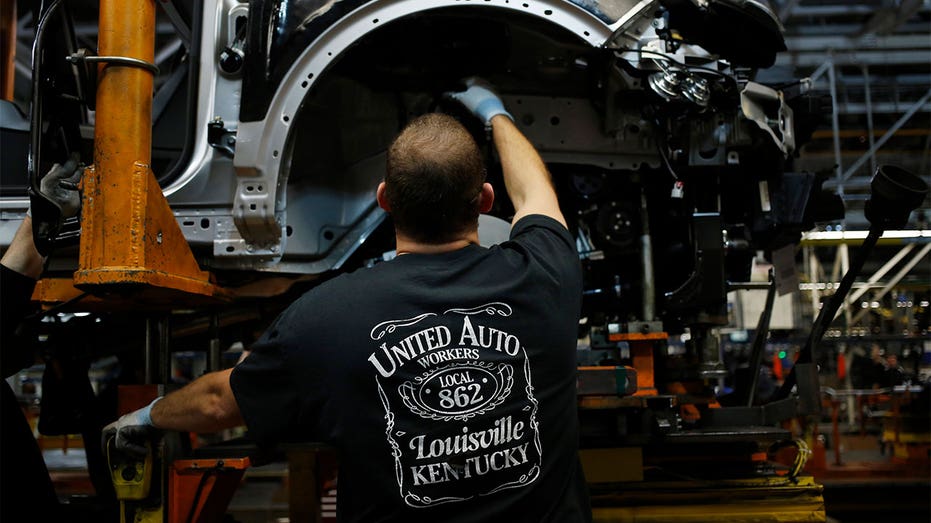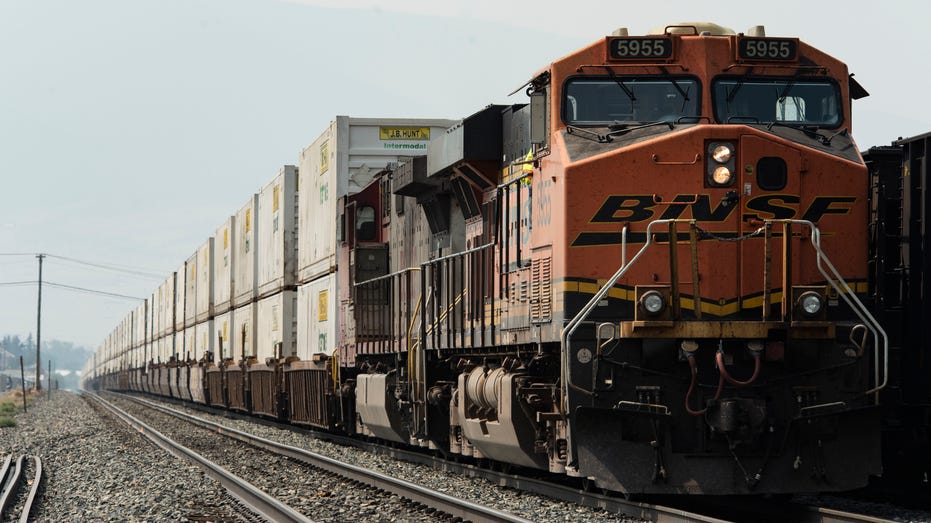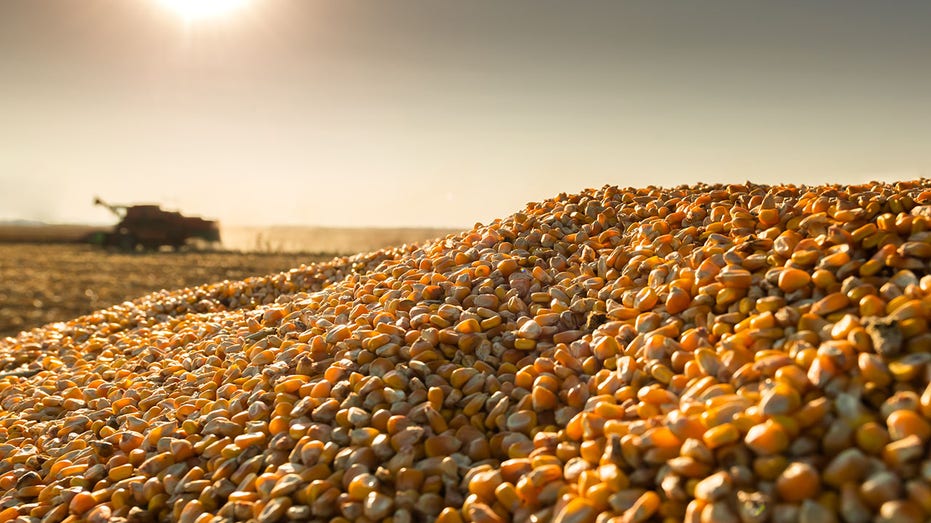Former U.S. Secretary of Transportation Elaine Chao wishes current Sec. Pete Buttigieg 'good luck' in finding a solution to the looming railroad labor strike.
The Biden administration announced Thursday morning that rail companies and union negotiators reached a tentative agreement to avoid a strike.
The new contracts provide rail workers a 24% wage increase during the five-year period from 2020 through 2024, including an immediate payout on average of $11,000 upon ratification, the Association of American Railroads said. The industry trade group added that all tentative agreements are subject to ratification by the unions’ membership.
A nationwide rail service interruption could cost over $2 billion per day, the Association of American Railroads (AAR) said last week. Jason Miller, interim chairperson of the department of supply chain management at Michigan State University, told FOX Business the cost per day could be "substantially more than that" and would "get worse as time goes on."
RAILROAD UNION VOTES TO AUTHORIZE STRIKE THAT COULD HAMMER ECONOMY

A worker wearing a United Auto Workers T-shirt works in the wheel well of a Ford Escape during production at the Ford Motor Co. assembly plant in Louisville, Ky., April 28, 2015. (Luke Sharrett/Bloomberg via Getty Images / Getty Images)
FOX Business takes a look at industries that would be affected by a strike.
Auto
A possible rail strike would impact both the manufacturing of new vehicles and the transportation of vehicles that have already been made.
BIDEN ADMINISTRATION UNDER PRESSURE AS RAIL STRIKE THREAT BUILDS
About 25,000 to 30,000 carloads of vehicles and auto parts move by rail per week, Miller told FOX Business. Plants do not have "much safety inventory" for car components, so it will hamper the production of new vehicles, he added.
Nearly 75% of new vehicles in the U.S. are moved by freight rail, according to the AAR.
"It's going to force the auto manufacturers to substantially curtail operations," Miller said.
Chemical

A BNSF freight train with 76 container cars and FedEx freight trailers travels from Seattle to points east Aug. 23, 2021, in Livingston, Mont. (William Campbell/Getty Images / Getty Images)
Manufacturers use chemicals transported by rail to create fertilizer, paint and other products.
Class 1 railroads moved an average of about 34,000 carloads per week of chemicals like soda ash and chlorine, according to U.S. Department of Agriculture (USDA) data from the week of Sept. 8.
"There's not enough tanker truck capacity to make up for this, and so the chemical plant may have to start curtailing operations and dialing things back," Miller said.
Some railroads started reducing their transportation of chemicals and other hazardous materials as a precaution Monday in case of a strike, according to The Associated Press.
Energy

A BNSF train hauling carloads of coal from the Powder River Basin of Montana and Wyoming east of Hardin, Mont., July 15, 2020. (AP Photo/Matthew Brown, File / AP Newsroom)
Class I railroads move an average of over 78,000 carloads of coal per week, according to USDA data.
"The coal mines don't have that storage," Miller said. "So if the trains stop, the coal mines are effectively going to have to stop operation."
About 22% of U.S. electricity was generated using coal in 2021, according to the Energy Information Administration. Power plants typically have 30-day coal reserves, Miller said.
READ FOX BUSINESS ON THE GO BY CLICKING HERE
In addition to coal, railroads also transport petroleum products.
"One of the big ones is diesel exhaust fluid, and that is very important for engines," Miller said. "Most of that moves by rail. So, that starts creating concerns even for the amount of diesel fuel available for the classic trucks that would have to pick up the additional burden of light haul movements of freight if the railroads are on strike."

In this July 27, 2015, photo, a BNSF Railway Company train is parked in Seattle. (AP Photo/Elaine Thompson, File / AP Newsroom)
Freight trains move about 300,000 barrels of crude oil each day and some 5 million barrels of propane per month, according to the American Fuel and Petrochemical Manufacturers. Refineries use crude oil to make products such as gasoline, diesel and heating oils.
Some facilities could potentially shut down as early as the weekend if a strike occurs, which the group said could result in "possibly leaving some sensitive regional markets with insufficient fuel."
Agriculture
Railroads transport a significant amount of grains each year. In 2021, Class I railroads moved 1.5 million carloads of grain amounting to roughly 152 tons, according to the AAR.
"The concern is if you don't have rail transportation, then the grain elevators are having to turn away loads, which means farmers have to store it in their own grain bins," Miller said.
Farmers' grain bins are "not as capable" of storage volumes and preserving their products, he added.

Corn harvest on a farm at sunset (iStock)
About 774,000 carloads of corn, 296,000 carloads of wheat and 299,000 carloads of soybeans were transported by rail last year, the AAR said. Grains are used in the production of many food products.
CLICK HERE TO READ MORE ON FOX BUSINESS
"A rail stoppage on Sept. 16 would hit right as the fall harvest accelerates in many parts of the United States," National Grain and Feed Association President Mike Seyfert said in a statement. "The economic damages across the food and agricultural supply chain would be swift and severe."
Livestock and poultry groups have also expressed concerns about the animal feed moved by rail that they feed their animals.
"auto" - Google News
September 15, 2022 at 07:40AM
https://ift.tt/XM8O0rb
Auto, energy and agriculture among industries that will suffer most from a rail strike - Fox Business
"auto" - Google News
https://ift.tt/uJYd5Xk
Shoes Man Tutorial
Pos News Update
Meme Update
Korean Entertainment News
Japan News Update
No comments:
Post a Comment